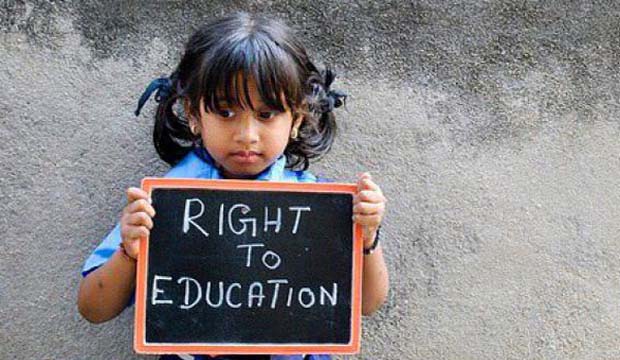 Hyderabad: It has been more than 10 years since the RTE Act came into force with an objective to provide 25% seats in private schools to children of the poorer sections. But in the last one decade, the Act could not ensure education even to a single child in any of the corporate schools in both Telugu states.
Hyderabad: It has been more than 10 years since the RTE Act came into force with an objective to provide 25% seats in private schools to children of the poorer sections. But in the last one decade, the Act could not ensure education even to a single child in any of the corporate schools in both Telugu states.
Yogesh Thandava, an activist-advocate who has been trying to get this law implemented in both the states, said the states were duty-bound to implement it as the Supreme Court had already upheld its validity.Section 12(1)(C) of RTE Act says that 25% of seats in private schools and also pre-schools should be earmarked for children up to 14 years from the poor and disadvantaged sections. “The central government reimburses 60% of the expenditure borne by a state for ensuring private education to students from the disadvantaged sections. Certain states, however, fear this law results in children deserting government schools,” Yogesh said, expressing concern over the inordinate delay.
Though the combined AP state issued GO No. 44 on July 30, 2010, directing private schools to reserve 25% of seats to the students from marginalised sections, it was never implemented. The situation in Telangana is no different. “Had this law been implemented in the twin states, more than 10 lakh kids would have got quality education in good private schools till now,” Yogesh said. He claimed that as many as 16 states and Union territories have been implementing this law and nearly 30 lakh students had benefited in the last 10 years.
However, Telangana wants the Centre to release the 60% funds first. But as per the law, the state should first spend the money and seek its reimbursement later. On Friday when the case was heard, A Sanjeev Kumar, state’s special counsel, said that 11 petitions were pending in the high court filed between 2010 and 2020.
He said the education secretary would soon file a common counter in all the cases and sought four weeks’ time. A bench of Chief Justice Raghvendra Singh Chauhan and Justice B Vijaysen Reddy described the inordinate delay as unfair. “File your counter within two weeks,” the bench said and posted the case to September 4.
Courtesy TOI
















